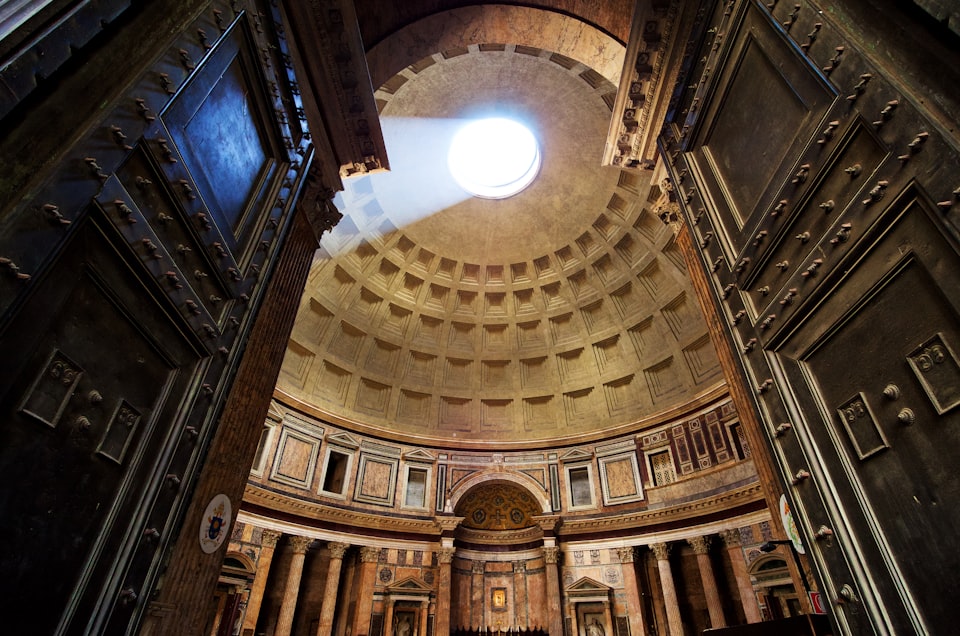Virtue
What does it mean to be good?

Good morning. Today is the first of the sansculotides, the unnumbered days that fit between years. We celebrate la vertu, or the attempt to be good.
💡
There was certainly an aspect of the French Revolution that was vehemently anti-religious, so perhaps it's strange to begin the week of holidays by celebrating something as fraught with holy overtones as "virtue." But a "republic of virtue" was indeed the goal of the revolutionaries with a more spiritual bent (primarily Robespierre and Chaumette), who had taken in the twin phenomena of the scientific revolution (just then building up a mighty head of steam) and the protestant reformation (which the Bourbon crown had used as an excuse for all manner of expenditure, both in gold and blood) and decided that the Roman Catholic Church, which had been imposed with a fist on French society, had gone adrift from the natural evidence of God. The revolutionaries avoided any specific religious dogma – they were trying to start a state, not a church – but their replacement for Catholicism couldn't help but offer something in its stead, the most clear example of which is this very calendar. God is in nature, they proposed, and virtue is in man. They pulled from the vague blasphemies of Voltaire and Rousseau that man is not fallen, but inherently good (or virtuous), and only commits evil when compelled to by an unjust society. This is not far from the whispered philosophies of modern liberalism, and is one reason the revolutionaries' political goals still read so reasonably to modern readers, even if their means to get there were shockingly brutal – baffling in their evil, paranoid slaughtering. Can one – a person, a society, a state – become imbued with virtue without a cleansing? Can a cleansing itself be virtuous? The revolution ultimately answered "no," and history dusted its hands right then and there, with future radical revolutions in other parts of the world only reinforcing the point with gusto in the 20th century. Goodness sought inwardly may be virtuous, but "goodness" imposed outwardly seems to always skew toward death.
What is a new year's resolution but a wistful stab at virtue? You rarely hear someone propose a resolution to simply paint the town red more often. I would love a refreshing "I'm going to party more next year" in lieu of all the betterment schemes that are drawn up and discarded by week two. But it's embedded in the term "resolution" that the goal should be betterment, and betterment should be initially unpleasant with distant future reward, and that the pursuit of distant future reward (Jefferson called it "happiness") is the definition of virtue.



